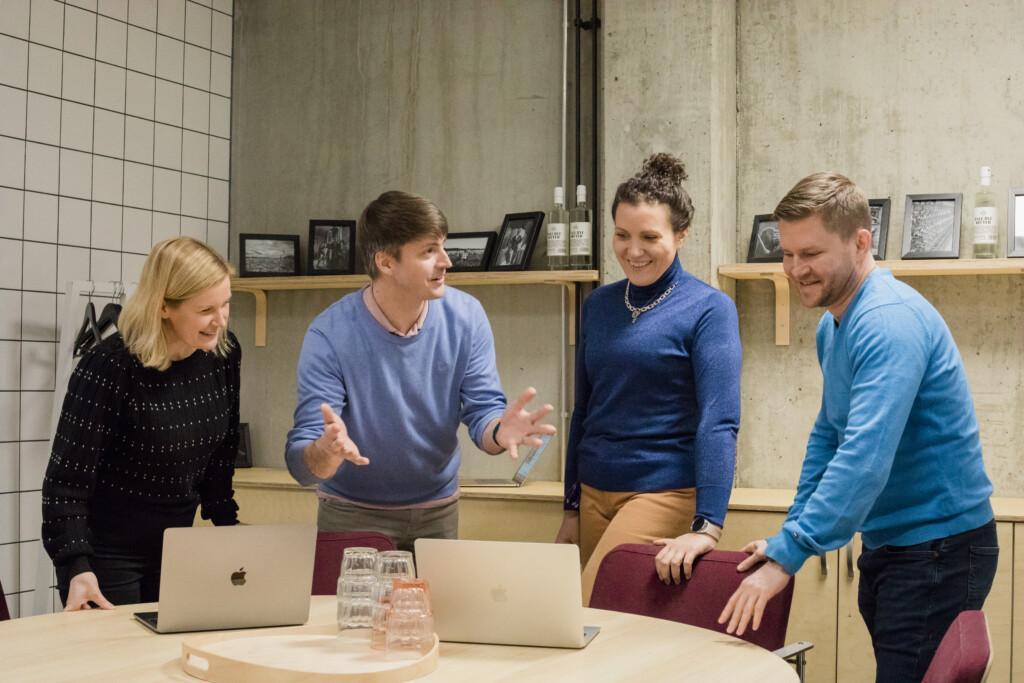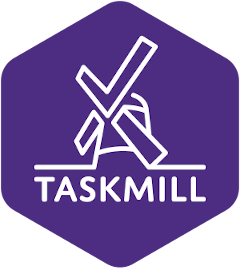The essence of Scrum lies in its three foundational pillars: transparency, inspection, and adaptation. These principles drive the continuous improvement of the team. Just as teams inspect and adapt their progress toward the product goal during Daily and Sprint Review meetings, they should also be refining their efficiency and ways of working during Retrospectives.
The Dreaded ”Useless Meeting” Syndrome
How often have you heard developers groan about Retrospectives, dismissing them as yet another ”useless meeting”? It’s a common complaint, and it’s easy to see why Retros can feel pointless if the team is merely going through the motions. Repeatedly answering the same 2-3 questions — ”What went well? What could we do better? What did we learn?”— can quickly become monotonous.
Been there, done that.
Early in my journey as a Scrum Master, I fell into this trap. My Retrospectives were built around these same, tired questions. Apologies to my former teammates for those unproductive sessions! But fear not, there is a way to revitalize your Retrospectives and truly harness their potential.
Starting Off: The Value of Classic Retrospectives
When a team is newly formed, the primary goal is to establish common ways of working. During this formative stage, team members need to find common ground: how do we communicate, what are our personalities, how do we interact, and what are our different styles of working? This is where the classic Retrospective format—with its three famous questions—proves invaluable.
These initial sessions help guide discussions about communication, interactions, meeting culture, and other foundational topics. Typically, after 2-3 sprints using this classic format, I invite the team to create their own Team Agreement—a playbook outlining all the rules of the game for that specific team.
Another significant benefit of the classical Retro is building trust and establishing open communication within the team. As team members get to know each other better, they start to build their interaction model, feeling more comfortable and secure. This fosters honest discussions and makes everyone feel safe and accepted.

Evolving Beyond the Basics
As the team matures and moves beyond the forming stage, the traditional Retrospective model loses its effectiveness. The team already knows how they work together, has identified areas for improvement, and has fine-tuned their interactions. Persisting with the same old questions can stifle interest and motivation.
So, what’s the alternative?
Introducing Subject-Specific Retrospectives
Instead of focusing on generic questions about the last sprint, start introducing Retrospectives that address specific subjects. For example:
- Product Owner (PO) availability to the team
- Dependencies and interactions with other teams
- Code quality improvements
- Team’s velocity
- Sprint backlog and overflows.
Choose topics that have surfaced in previous Retrospectives or propose a few and let the team decide what’s most valuable to them.
Once you’ve identified the topic, get creative with your questions to extract valuable insights. There’s a vast array of Retrospective models available online—find one that resonates with your subject and team dynamics.
The Power of Focus
Subject-focused Retrospectives bring immense value by zeroing in on one aspect at a time. This approach can uncover issues that might otherwise be overlooked. Moreover, using novel or humorous Retrospective models can reignite team members’ interest and participation. Embrace creativity—use different tools, layouts, and always focus on the right questions.
The Scrum Master’s Challenge
The key challenge for any Scrum Master is recognizing when the team has outgrown the classic Retrospective format and is ready for a more targeted approach. Being attuned to this transition will help you keep your team engaged and continuously improving.
By evolving your Retrospectives, you not only maintain team interest but also drive deeper insights and more meaningful improvements. Happy Retrospecting!
